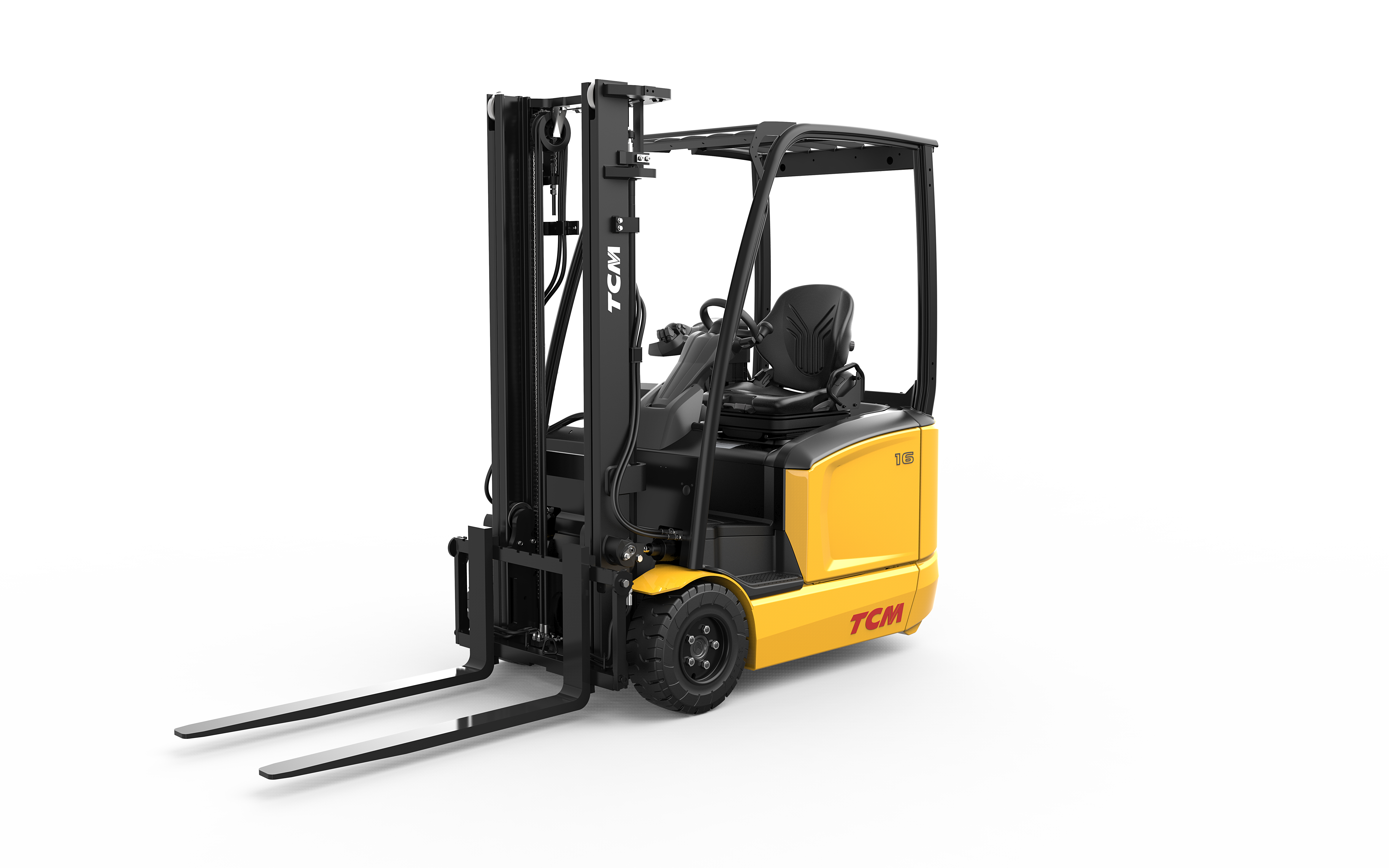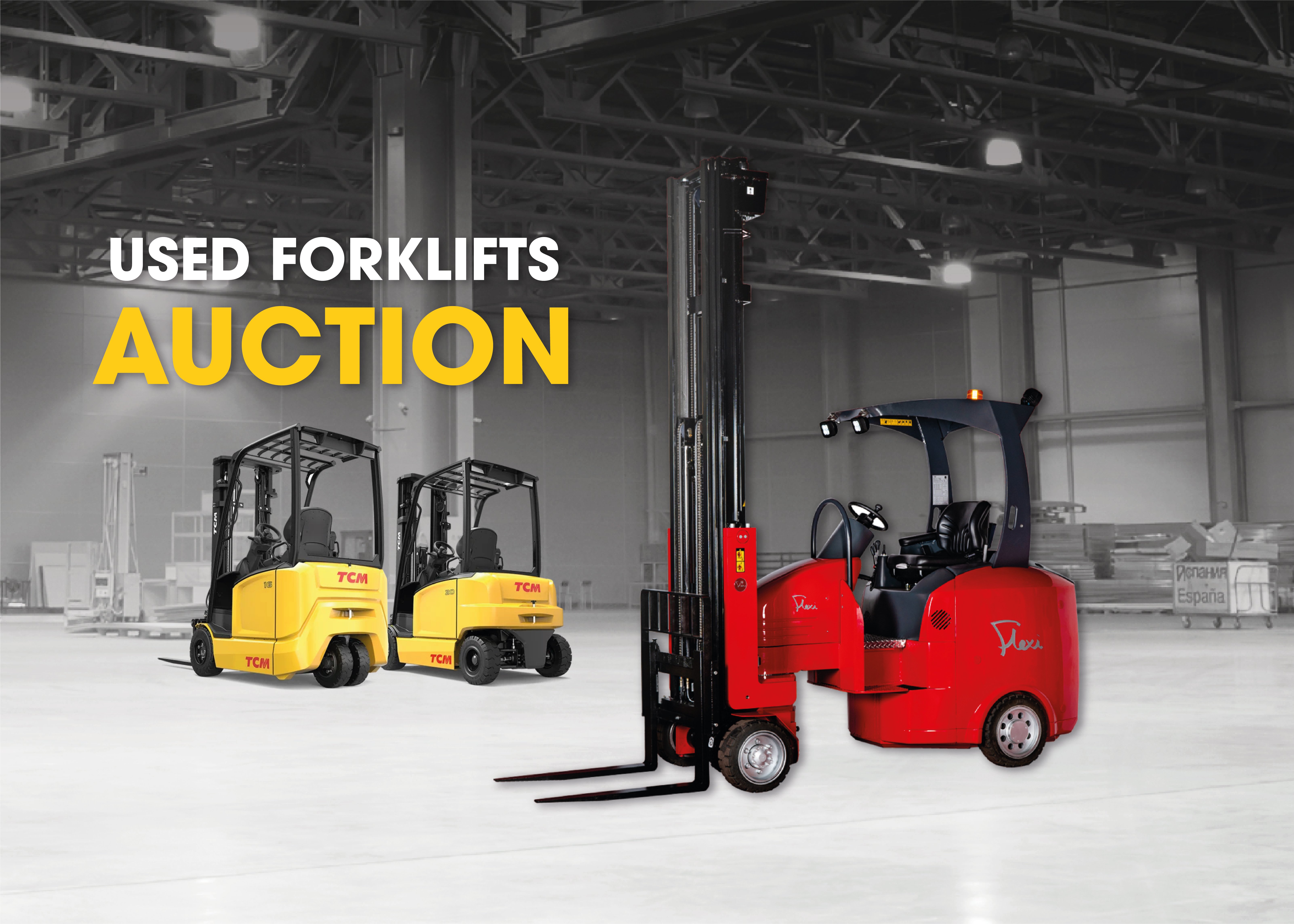2030 sees an end to gas- and diesel-powered vehicles and businesses are not only upgrading their fleets to electric material handling models but also adapting the way they work as a result to this change.
With the rising cost of fuel and the potential to reduce your businesses carbon footprint, electric fleets have a big say in transforming business practices and encouraging new ways of working.
Altegra is committed to supporting our customers through this period of change and although the 2030 ban may seem a little way off, we’re fully prepared and stocked to help you manage this transitionary period.
Will an electric fleet prompt new routines for my business?
By switching to an electric fleet, you need to be aware of accommodating battery charging routines which then becomes an essential task as charging a vehicle can create additional downtime. This is especially prevalent if your business operation runs 24/7 and you will need to factor having additional forklift batteries to maximise uptime and ensure optimum productivity at all times. Therefore, you may need to schedule operator breaks during charging period or adapt shift patterns accordingly to strike a balance between uptime and charging.
Keeping your fleet running efficiently and economically is a challenge for fleet and warehouse managers. Batteries also account for a significant part of your budget and having a battery management plan will prolong battery life and reducing cost of purchasing extra batteries during the lifetime of your machine/contract period.
We’ve worked with a major national retailer to help them shape their battery requirement by creating a bespoke charging unit where they could specifically monitor battery life and set charge times around shift patterns.
How to get the best out of your batteries?
Lead Acid Batteries
These should be charged when they reach 20% discharge, this can keep the life expectancy of the battery to 5 or more years. Charging the battery for short periods before it reaches 20% can drastically decrease battery lifetime and may result in extra purchases of batteries sooner than expected.
Lithium-ion batteries
An advantage to Lithium-ion batteries are they are more flexible when it comes to charging, unlike lead acid batteries, the life expectancy of a lithium-ion battery is not affected by the frequency that it is charged. This provides you with the opportunity to maintain the uptime of your work by opportunity charging.
By selecting the right type of battery for your operation, that is charged optimally, you can use your fleet to full capacity while saving energy and costs.
Where to start with your material handling sustainability conversation?
There is a clear uptake in use of electric vehicles in general and electric forklifts are no different sparking conversations for businesses to consider how they can be more sustainable in their operations.
Altegra can help you select the right solution for your business to limit downtime and maximise your operation capabilities. Our expert team can review your current operations and come up with a fleet solution that can not only save you downtime but can increase your operation capacity. We can audit your current material handling equipment and work with you to transition to battery powered alternatives to boost your businesses green credentials.
VIEW OUR RANGE OF ELECTRIC COUNTERBALANCE FORKLIFTS



